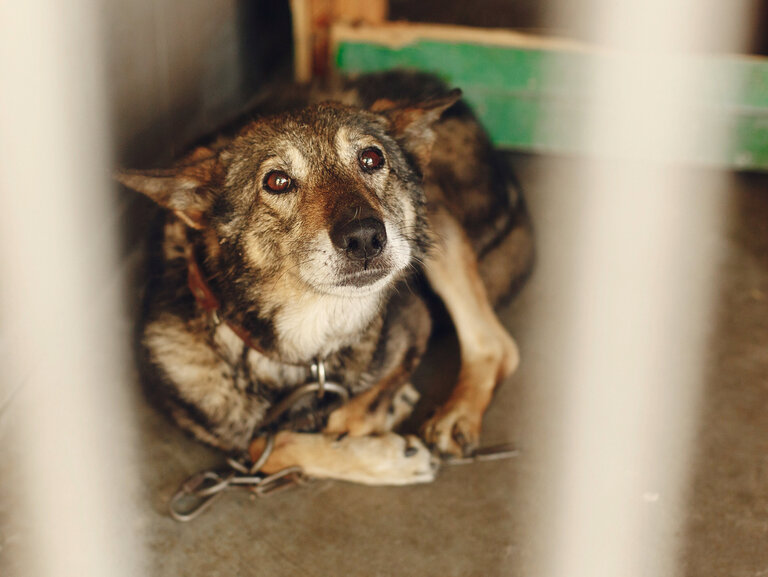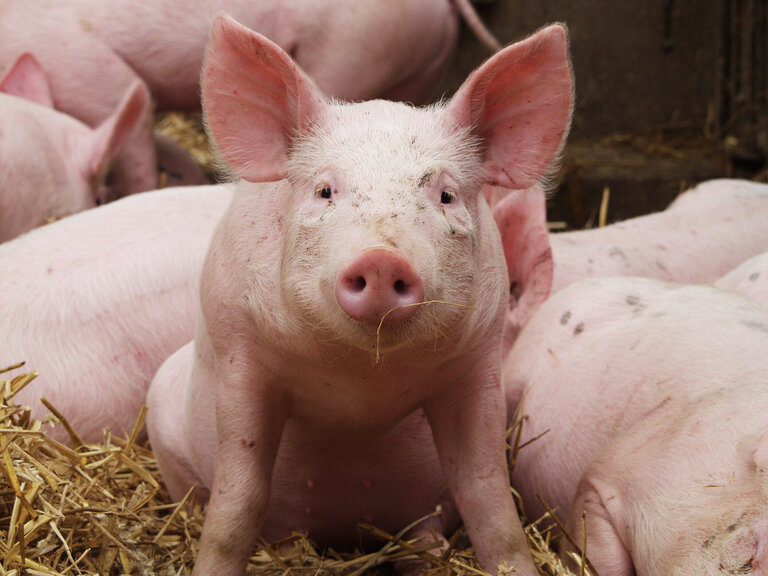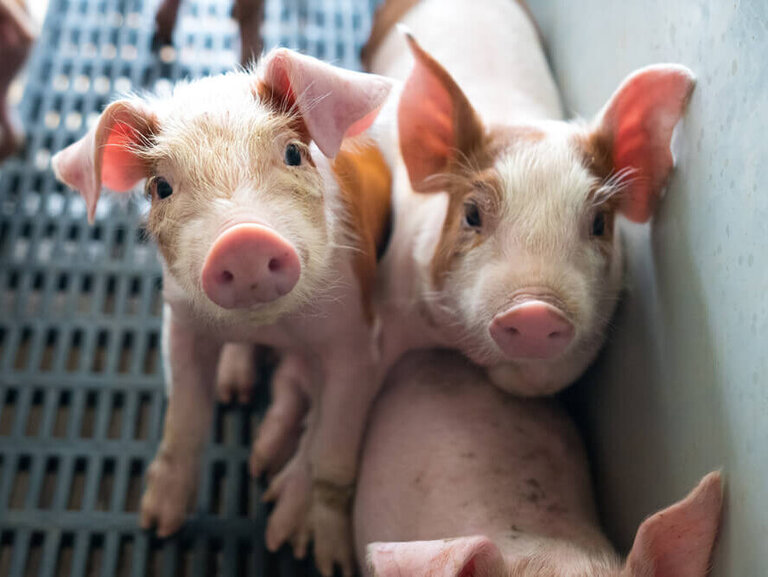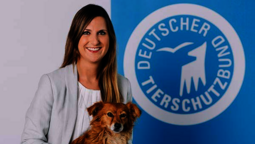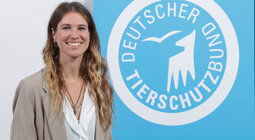With Easter approaching, the German Animal Welfare Federation points out that the majority of laying hens in Germany are kept in conventional barn systems. This is a form of husbandry in which nine hens are kept per square meter and the animals are never allowed outside. The federation recommends that consumers look out for the animal welfare label "Für Mehr Tierschutz" when buying eggs and, if possible, buy eggs from so-called dual-purpose hens. An animal-friendly Easter, however, would do without any animal products at all, according to the animal rights activists. The German Animal Welfare Federation provides suitable recipes for a vegan Easter brunch on the website www.weiljedemahlzeitzählt.de.
"In intensive farming, laying hens are bred for high performance and sometimes kept in very confined spaces with no opportunities for activity. The aim is to get as many eggs as possible; the needs of the hens take second place," explains Annika Lange, specialist for animals in agriculture at the German Animal Welfare Federation. Although the use of enriched small group cages is on the decline in Germany and will be banned by the end of 2028 at the latest, almost five percent of all hens still live in cages that violate animal welfare. "Each animal only has a little more space there than an A4 page," says Lange. The eggs from caged hens end up unnoticed in processed products such as baked goods, pasta or mayonnaise, as there is no mandatory labeling. Boiled and dyed Easter eggs also count as "processed", but the farming method is often stated voluntarily. In most cases, the colored Easter eggs come from barn eggs. At over 60 percent, the majority of laying hens in Germany are kept in this way. Even in barn farming, laying hens are severely restricted: Nine hens have to share one square meter of space. In free-range systems, in which around 21 percent of hens live, the barn looks the same, but the animals can also use an outdoor run during the day. In organic farming, where around 14 percent of laying hens now live, there are six animals per square meter. Here, too, there is an outdoor run.
Pay attention to ambitious animal welfare criteria when buying eggs
The German Animal Welfare Federation recommends that anyone who cannot do without Easter eggs despite the German Nutrition Society's current recommendation of only one egg per week should pay attention to conditions that are as animal-friendly as possible. The animal welfare label "Für Mehr Tierschutz" goes far beyond the legal requirements with its own ambitious criteria, for example in terms of the space available, materials to keep the animals occupied and access to the outdoors. The organic label also offers a certain level of animal welfare due to the lower stocking density and outdoor access. Ideally, eggs from so-called dual-purpose hens should be used, which are mainly sold in organic markets. The animal welfare label "Für Mehr Tierschutz" has also launched its first projects with dual-purpose hens; the eggs can be found in Edeka stores in southern Germany.
Plant-based egg alternatives for the celebration of life
If you want to celebrate Easter as the "festival of life" in an animal-friendly way, the German Animal Welfare Federation points to the constantly growing selection of plant-based alternatives. "Eggs can easily be replaced with banana, apple sauce or soy flour for Easter baking. Even a hearty egg flavour can be enjoyed in an animal-friendly way with kala namak, a sulphur-containing salt - for example in the form of scrambled tofu," says Dr. Isabel Knößlsdorfer, specialist for veganism at the German Animal Welfare Federation. The German Animal Welfare Federation also has an animal-friendly idea as an alternative to painting eggs: painting candles. Interested parties can find instructions online at www.weiljedemahlzeitzählt.de/kerzen-bemalen.


